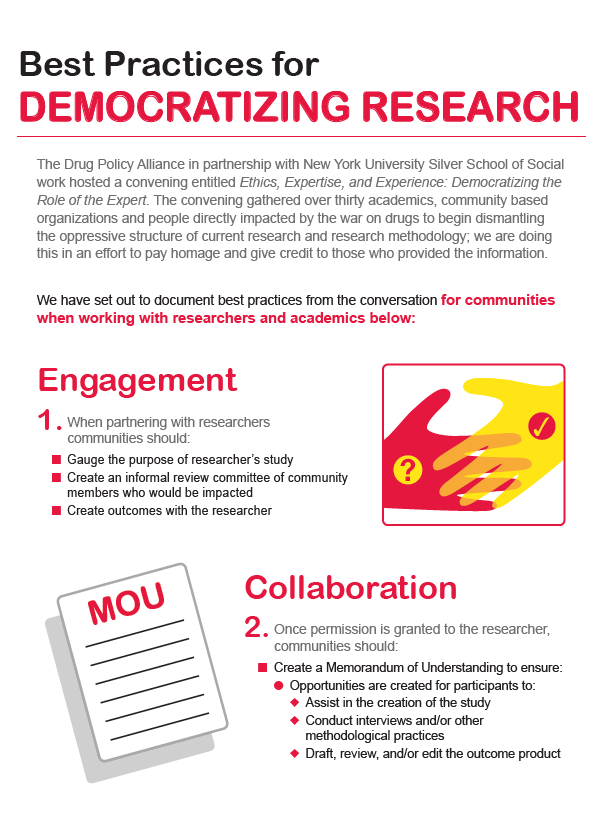
One of my final points at the #StigmaSummit was the need for us to include people who CURRENTLY use drugs in
➡️developing programmatic policies to address stigma and barriers,
➡️evaluating them, and
➡️ measuring them.
And that they need to be compensated for their time. (1/3)
➡️developing programmatic policies to address stigma and barriers,
➡️evaluating them, and
➡️ measuring them.
And that they need to be compensated for their time. (1/3)
And that researchers must include and PAY people who CURRENTLY use drugs in research abt them & their needs:
➡️Developing questions
➡️Gathering data
➡️Analyzing/interpreting data
➡️Writing and presenting on findings
#StigmaSummit drugpolicy.org/sites/default/…

➡️Developing questions
➡️Gathering data
➡️Analyzing/interpreting data
➡️Writing and presenting on findings
#StigmaSummit drugpolicy.org/sites/default/…


If you are a community org that has been contacted by a research team for data collection, YOU HAVE RIGHTS. Some tips:
➡️Form review committees to vet researchers (charge for the review process!)
➡️Create a detailed Memorandum of Agreement
#StigmaSummit drugpolicy.org/sites/default/…

➡️Form review committees to vet researchers (charge for the review process!)
➡️Create a detailed Memorandum of Agreement
#StigmaSummit drugpolicy.org/sites/default/…


You can also check out the Research 101: A manifesto for Ethical Research in the DTES co-authored by amazing advocates who use drugs : open.library.ubc.ca/cIRcle/collect…
• • •
Missing some Tweet in this thread? You can try to
force a refresh





